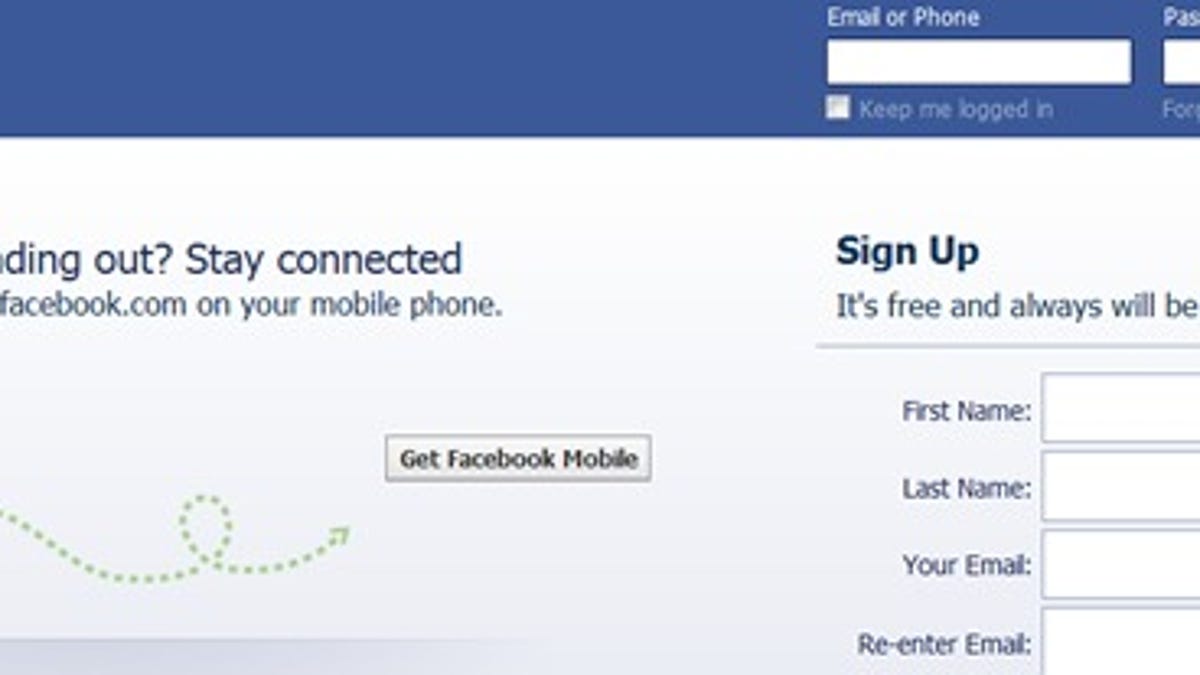Facebook will disappear in a few years, says analyst
The popular social network will essentially become a non-entity in several years, claims Ironfire Capital founder Eric Jackson.

Will Facebook suffer the same fate as MySpace in a few years? That's what one analyst predicts.
Speaking on CNBC's "Squawk on the Street" program Monday, Eric Jackson, founder of Ironfire Capital, said that Facebook will lose its dominance as a social network in five to eight years.
In his forecast, Jackson cited Facebook's inability to crack the mobile market and the stock's 27 percent nosedive since the company's IPO.
"In five to eight years they are going to disappear in the way that Yahoo has disappeared," Jackson said. "Yahoo is still making money, it's still profitable, still has 13,000 employees working for it. But it's 10 percent of the value that it was at the height of 2000. For all intents and purposes, it's disappeared."
Projecting doom and gloom for Facebook has become a popular hobby, especially since the company went public last month. Faced with a listless stock price, concerns over its online advertising, and ongoing privacy worries, the social network seems to be on the brink of disaster, according to some people.
Of course, no company is invulnerable. MySpace was once the dominant force in the social networking arena and has since virtually dropped off the face of the Web. And certainly, more pressure is on Facebook to make money from advertising now that it's publicly traded. But honestly, the network isn't going to lose its dominance anytime in the foreseeable future.
Facebook is well on its way to capturing almost a billion members around the world. And despite concerns over privacy and other issues, users have come to rely on Facebook as the primary way to stay in touch with family and friends. How many people across the world now use Facebook instead of e-mail or phone to communicate and share important news?
Yes, some may not use the service as frequently as they did in the past. A recent poll from Reuters and Ipsos found that 34 percent of Facebook users hop onto the site less frequently than they did six months ago. But almost half spend around the same amount of time, and 20 percent are spending more time.
Yes, the company is suffering some growing pains as it transforms into a public entity. Advertising is one key sticking point. Larger advertisers have expressed frustration with Facebook, saying it doesn't know how to handle huge accounts. General Motors recently said it would pull around $10 million in advertising from the social network, claiming the ads just didn't work.
But in an e-mail to CNET, the social network cited such companies as Applebee's, Diageo, and Nutella, all of which have seen a healthy impact on sales due to their Facebook advertising. Facebook just needs to learn how to apply the same finesse to larger clients that it does to smaller firms.
The company is facing challenges, but it's still up to meeting them.

